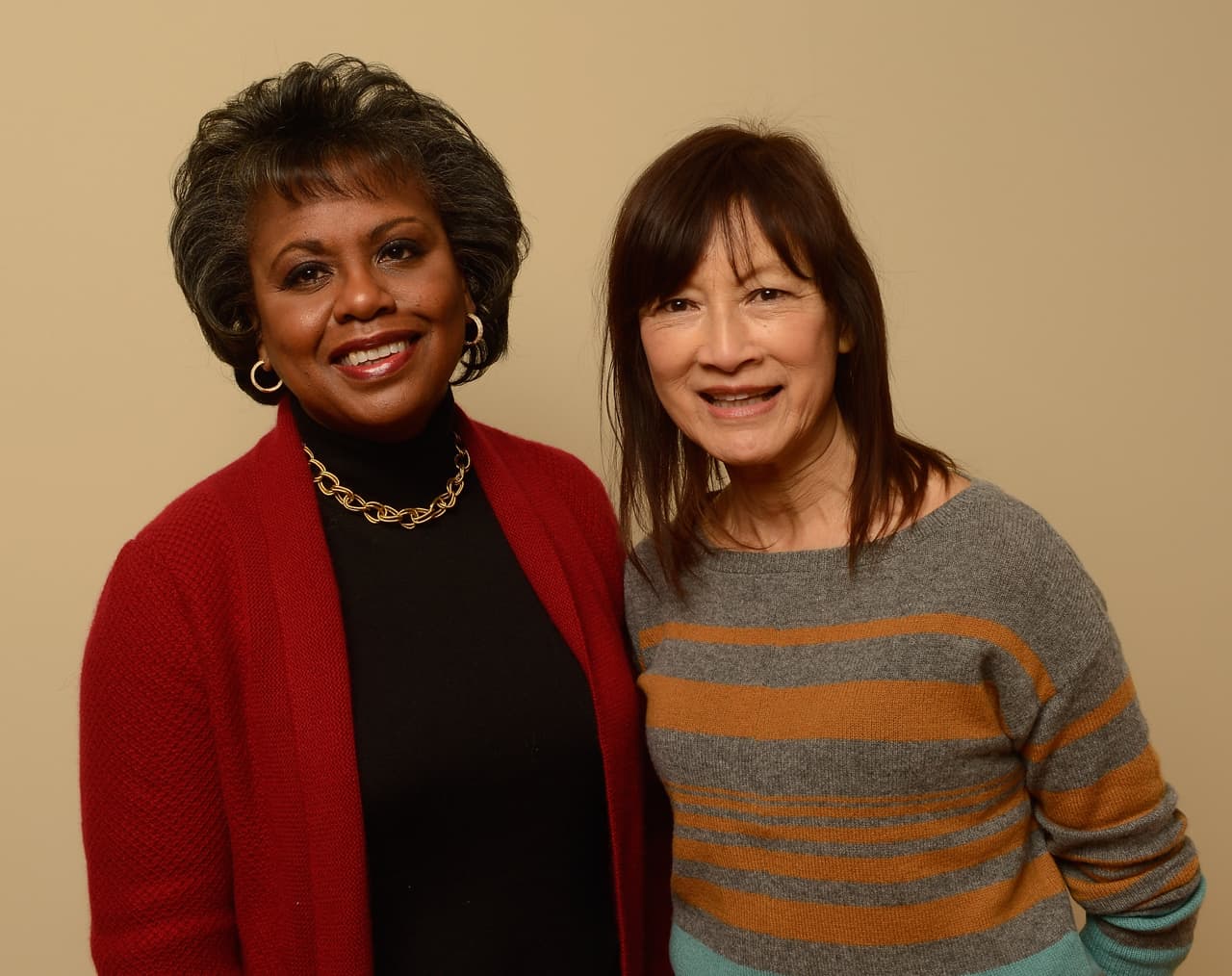Advertisement
New Documentary Revisits Anita Hill's Testimony
ResumeIn 1991, Anita Hill testified before the Senate Judiciary Committee at the hearings to confirm Clarence Thomas as an associate Supreme Court justice.

Her allegations of sexual harassment and the intense questioning by the senators ignited a firestorm of controversy around the country between those who believed Hill and those who thought she was lying.
Though Clarence Thomas was eventually confirmed and currently sits on the Supreme Court, Anita Hill's life was forever changed.
Now, the new film "Anita" revisits those hearings, the passions it provoked, and the long lasting impact of Anita Hill's testimony.
Hill herself also speaks about the effect of her testimony on her own life at the time, and in the years that followed.
"Anita" director Freida Mock joins Here & Now's Meghna Chakrabarti to discuss the film.
Interview Highlights: Freida Mock
On how things have changed since 1991
"Then, we realized one didn't talk about it and dealt with it by avoiding it and not making a so-called fuss. I think the hearings sound almost strange that people talked that way to a person or would ask such intrusive questions. It's only 20 years ago but compared to what we are today, I don't believe that people would dare publicly treat someone that way. What happened in that sensational hearing, televised nationally, really became a transformative act in terms of looking at what has happened to the rights of both women and men in the workplace, to the extent that there has been reform on sexual harassment behavior."
On the many people who did not believe Hill's testimony
"At that time in'91 I think they took a poll, they said seven out of 10 did not believe her, and that included women. But within a year, they said that the polls changed and once the people began to think about, understand the context in which she was speaking, there was a dramatic shift and the numbers dramatically changed in her favor. I think people were just stunned to hear someone speak so openly and candidly and graphically about what had happened."
On the legacy of the hearings
"In workplace rights there are policies mandated that there be sexual harassment training. And the legacy too is certainly now we see this happening in trying to address the issue on college campuses. I mean we've know sexual assault's been happening forever... So that legacy is very real, but I find in the film that it was really encouraging to see the next generation of young women activists who've been inspired by Anita... And that part I think is the real legacy of what Anita, who did not set out to be a spokesperson, I think, for gender equality, she was just at that moment speaking her truth. But she has I think been transformed by the fact that she is a public figure and she's heard from thousands of Americans and people from around the world about this issue and she has taken on the mantle of being a spokesperson for the rights of men and women."
Guest
- Freida Mock, director of "Anita." She's co-founder of the American Film Foundation. Her documentary "Maya Lin: A Strong Clear Vision" won an Academy Award for Best Feature Documentary in 1995.
This segment aired on March 17, 2014.
